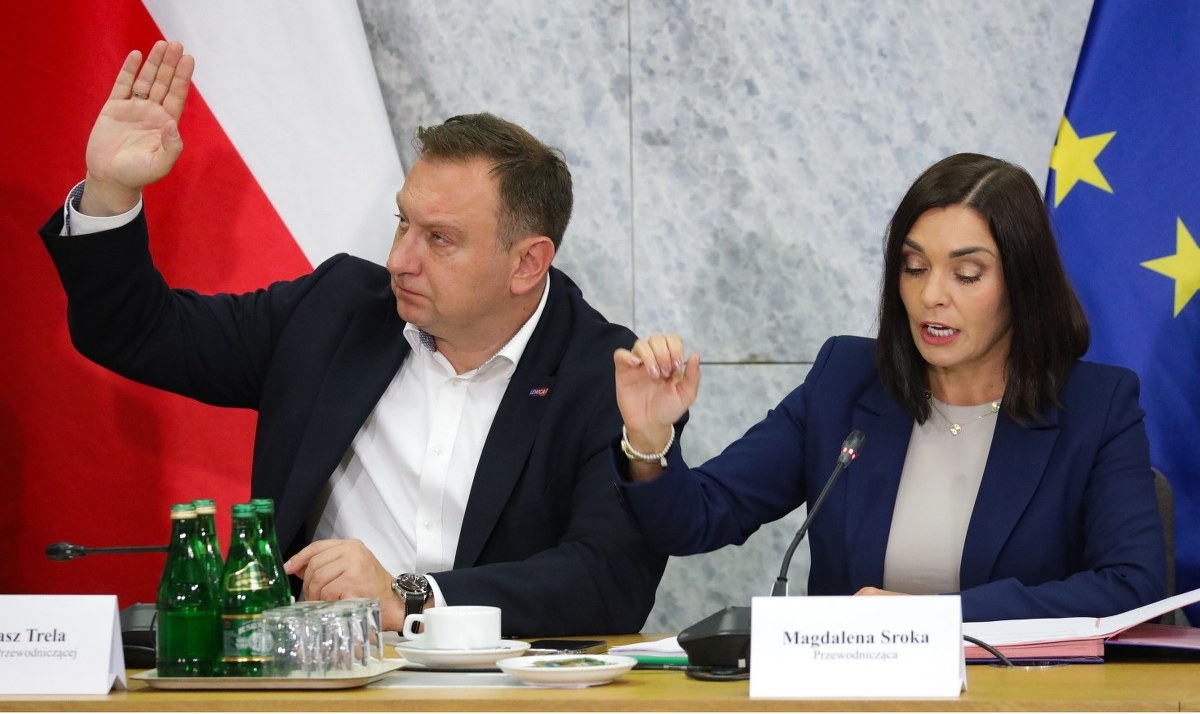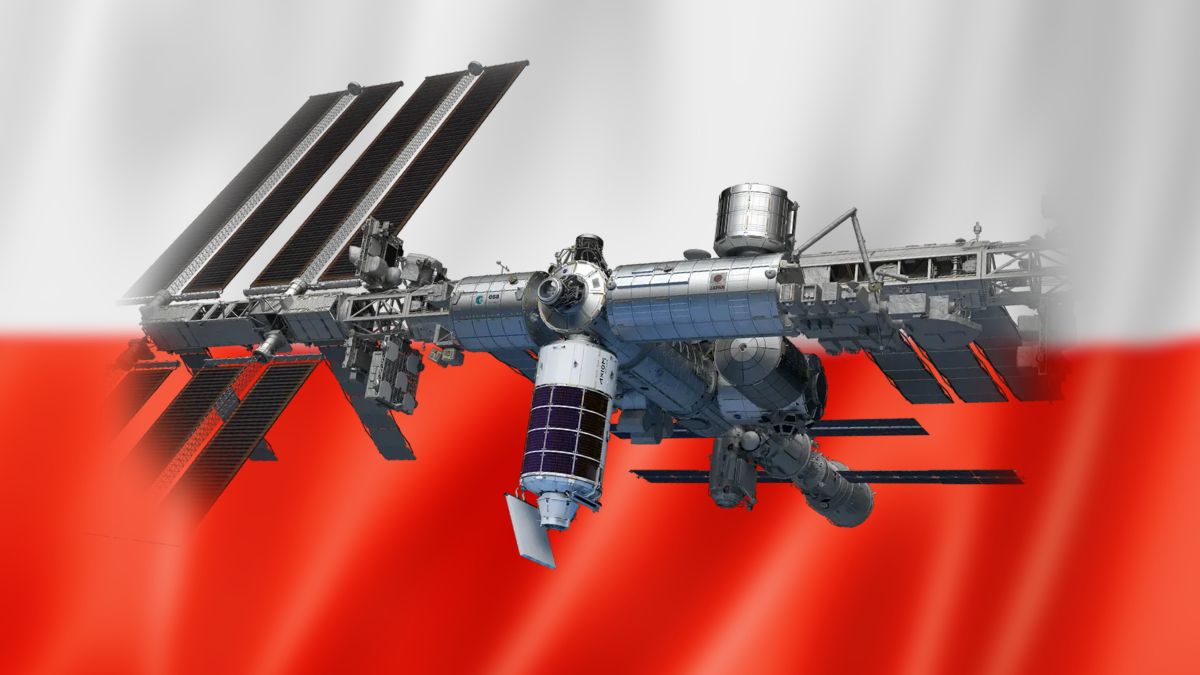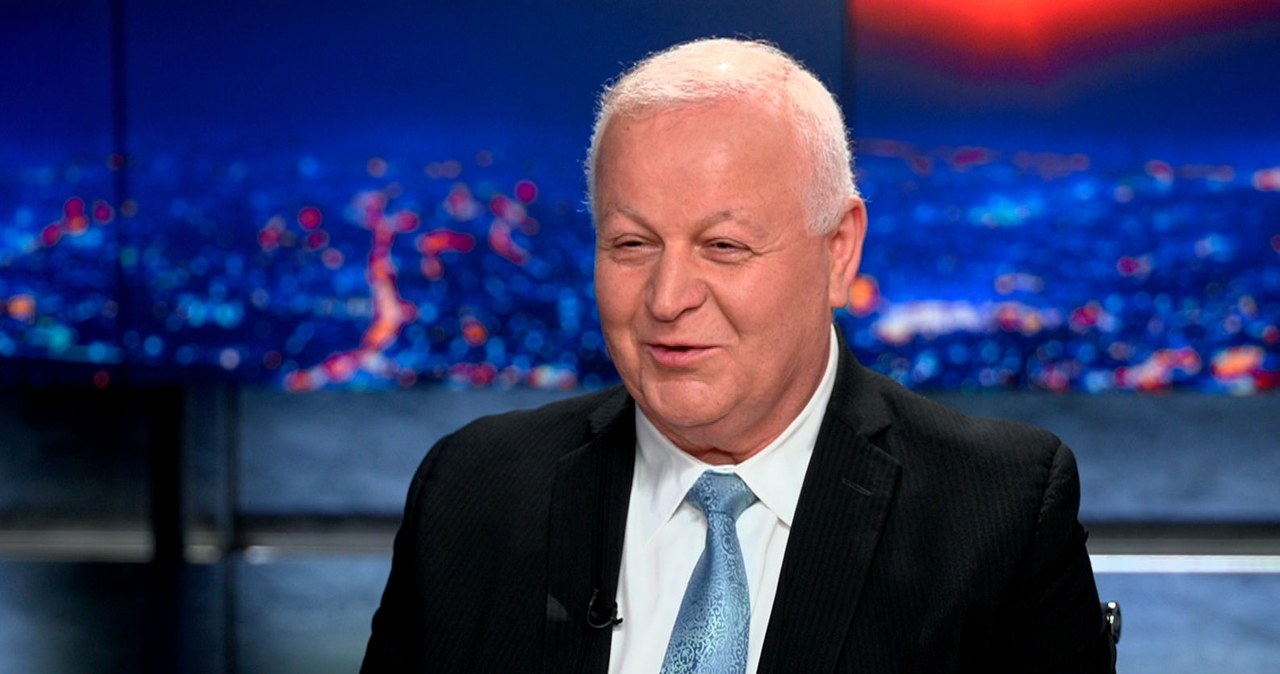The BBC is "not institutionally antisemitic", The Observer's editor-in-chief James Harding declared at the Edinburgh TV Festival on Wednesday. The former BBC news chief mounted a passionate defence of the corporation while warning that the "political presence looming over the BBC" threatens its independence.
Harding's intervention follows months of controversy over the broadcaster's Gaza coverage. The BBC has faced criticism for livestreaming the Bob Vylan Glastonbury set, where there were chants of "Death, death to the IDF (Israel Defence Forces)", and for breaching accuracy guidelines in its documentary coverage.
Culture Secretary Lisa Nandy subsequently said ministers expect "accountability at the highest levels" for the BBC's decision to screen the performance. Harding claimed this created paranoia within the corporation about covering its own controversies.
Government pressure allegations
Harding accused the Culture Secretary's office of effectively demanding BBC director-general Tim Davie's resignation. While Nandy's office insists she did not explicitly ask BBC chairman Samir Shah to "deliver up" Davie, Harding said "people inside the BBC were left in no doubt that was the message".
"The place became paranoid about how the BBC itself would cover the story; people around him thought the political pressure would be too much," he said. "Whatever your view of the hate speech vs freedom of speech issues, an overbearing government minister doesn't help anyone."
Harding warned that "the hiring and firing of the editor-in-chief of the country's leading newsroom and cultural organisation should not be the job of a politician. It's chilling." He described "political interference - and the perception of a political presence looming over the BBC" as a growing problem.
Editorial controversies mount
The broadcaster faces an Ofcom investigation into its documentary "Gaza: How To Survive A Warzone" after breaching accuracy guidelines. The programme was removed from BBC iPlayer in February when it emerged the child narrator Abdullah is the son of Ayman Alyazouri, who has worked as Hamas's deputy minister of agriculture.
Harding described how "newsrooms are in a furious argument with ourselves over the coverage of Israel and Gaza", calling the situation "very hard to view dispassionately" and "about as difficult as it gets in news". He said this applies to all media organisations, particularly the BBC.
The Guardian reports that 2.5 million households have cancelled licence fee payments over five years, adding financial pressure to editorial controversies. The Guardian also reports that Reform UK's manifesto specifically targets the BBC as "institutionally biased" and pledges to scrap the television licence entirely.
Personal defence of BBC
Speaking as a Jewish journalist, Harding offered a personal defence of his former employer. "I am Jewish, proudly so," he said. "I'm proud, too, to have worked for the most important news organisation in the world."
"The BBC is not institutionally antisemitic. It's untrue to say it is," he declared. "It's also unhelpful - much better to correct the mistakes and address the judgment calls that have been wrong, than smear the institution, impugn the character of all the people who work there and, potentially, undermine journalists in the field working in the most difficult and dangerous of conditions."
Sky News reports proposals for a "BBC GPT" system that would provide AI access without sharing data with US tech corporations, representing one potential pathway for technological development.
Government response
A government spokesperson rejected suggestions of improper pressure on the BBC. "The Culture Secretary has been repeatedly clear that the role of the director-general is a matter for the BBC board. Any suggestion to the contrary is untrue," they said.
"The BBC has itself acknowledged a number of serious failings in recent months, including the broadcasting of the Bob Vylan set at Glastonbury," they added. "It is entirely right that the Culture Secretary raised these issues with the BBC leadership on behalf of licence fee payers."
Harding brings unique credibility to the debate as former head of BBC news and current affairs from 2013 to 2018. He co-founded Tortoise Media, which acquired The Observer in April, and previously edited The Times from 2007 to 2012.
Sources used: "PA Media", "The Guardian", "The Independent", "Sky News" Note: This article has been edited with the help of Artificial Intelligence.











